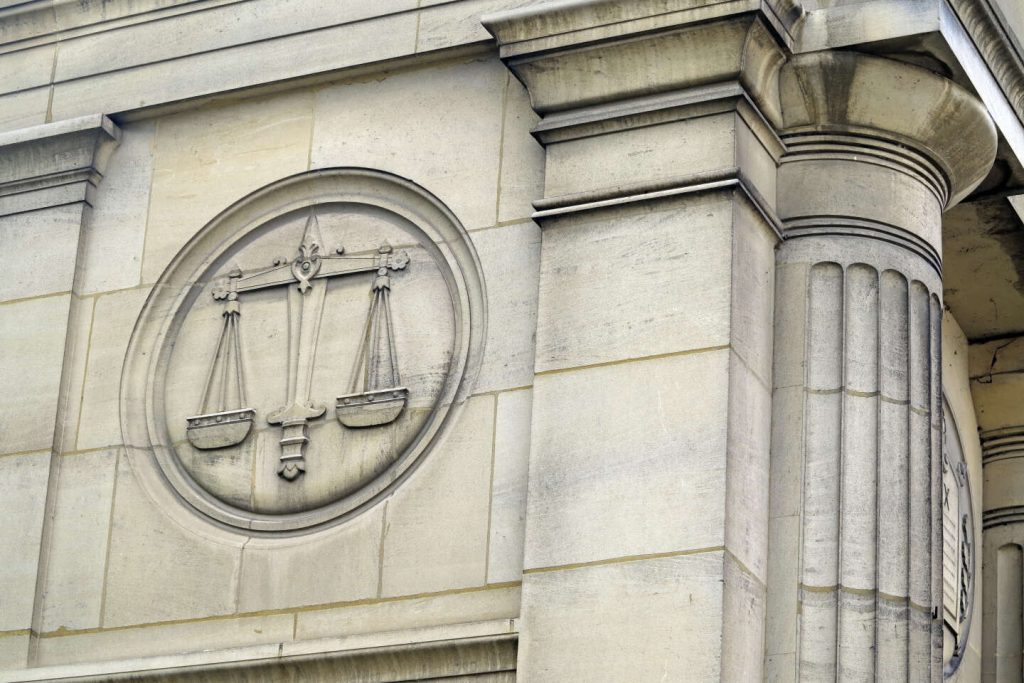The satirical newspaper Charlie Hebdo was acquitted on appeal on Tuesday, April 23 in Grenoble of a defamation conviction against a Muslim school in Valence after an article associating it with the Muslim Brotherhood. The plaintiff immediately announced that they would appeal to the Court of Cassation. In a ruling, the Grenoble Court of Appeal overturned a judgement from December 21, which had fined Charlie Hebdo with a suspended sentence of 3,000 euros and ordered them to pay 3,000 euros in damages to the association Valeurs et réussite, which runs an independent Muslim school in Valence. An article published in July 2022 in the weekly publication mentioned links between Valeurs et réussite and the Islamist Brotherhood, causing controversy and allegedly leading to the cancellation of the sale of a 8,400 square meter plot of land in October 2022.
The private primary school, which currently has around forty students, is located within the premises of the grand mosque of Valence. It intended to use the land to expand its facilities and become contracted with the state. The Grenoble Court of Appeal, unlike the lower court, ruled that none of the statements were defamatory. The court stated that the allegations of a connection between the school and the Muslim Brotherhood fall within the realm of free debate and subjective judgment by Charlie Hebdo, and cannot be considered defamatory as the Brotherhood is not banned in France. However, according to the president of Valeurs et réussite, Mourad Jabri, the court’s decision not to consider the statements defamatory does not address the accuracy of Charlie Hebdo’s article. While the Muslim Brotherhood is not illegal, being accused of being associated with them can still be damaging.
Mourad Jabri also expressed that the court’s ruling did not change the fact that the accusations were false. The stigma of being linked to the Muslim Brotherhood, even if the organization is not outlawed, can still have significant repercussions. Charlie Hebdo’s lawyer, Richard Malka, expressed relief that the law had been upheld. The case sparked a debate on freedom of expression and the boundaries of satire. The potential implications of the court’s decision on future cases involving satirical publications and freedom of speech remain to be seen.
The case highlights the importance of distinguishing between freedom of expression and defamation, as well as the role of satire in public discourse. While the court ruled in favor of Charlie Hebdo, the controversy surrounding the article and its impact on the Muslim school in Valence raise broader questions about the responsibilities of the media and the potential consequences of publishing sensitive material. The plaintiff’s decision to appeal to the Court of Cassation indicates that the legal battle may continue, further shaping the conversation around freedom of speech and the limits of satire in contemporary society. As the case unfolds, it will be crucial to consider the implications for press freedom and the protection of individuals and institutions from potentially harmful accusations.


